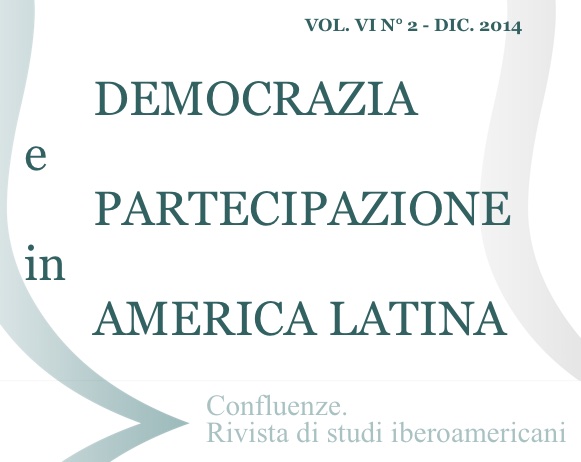Com açúcar, sem afeto: representações femininas nas canções Folhetim, Tango de Nancy e Geni e o Zepelim, de Chico Buarque
DOI:
https://doi.org/10.6092/issn.2036-0967/4764Keywords:
feminism, queer theory, social standards, national unity, the military regimeAbstract
Starting from the comparative analysis of the songs Folhetin (1977-78), Tango de Nancy (1985) and Geni e o Zepelim (1978), by Chico Buarque de Holanda, this article proposes a dialogue between gender relationships, as it is established in the musical lyrics, and some propositions of the feminist critique as well as queer theory. The profile of the characters, who integrate the musical triad chosen, will be delineated from the perspective of the studies on the otherness, as their behaviour is clearly in (dis) harmony with the dominant, cultural group. The representation of female and homosexual feelings reminded through these songs, put the characters in situations that are beyond the social standards - established or imagined - and which destabilize the construction of the subject. Moreover, understanding the songs comprised here as social symbols, this work sought to characterize certain types of character behaviour that establish opposition to the pretensions of national unity imposed by the Brazilian military regime. Such conducts, most of which were part of that daily time, reveal the author’s critical approach when it comes to sexuality; a topic that should not be discussed under the military.
Downloads
Published
How to Cite
Issue
Section
License
Copyright (c) 2014 Thiago Moreira Aguiar, Vera Lucia Lenz Vianna
The copyrights and publishing rights of all the texts on this journal belong to the respective authors without restrictions.
This journal is licensed under a Creative Commons Attribution 4.0 International License (full legal code).
See also our Open Access Policy.
Metadata
All the metadata of the published material is released in the public domain and may be used by anyone free of charge. This includes references.
Metadata — including references — may be re-used in any medium without prior permission for both not-for-profit and for-profit purposes. We kindly ask users to provide a link to the original metadata record.






